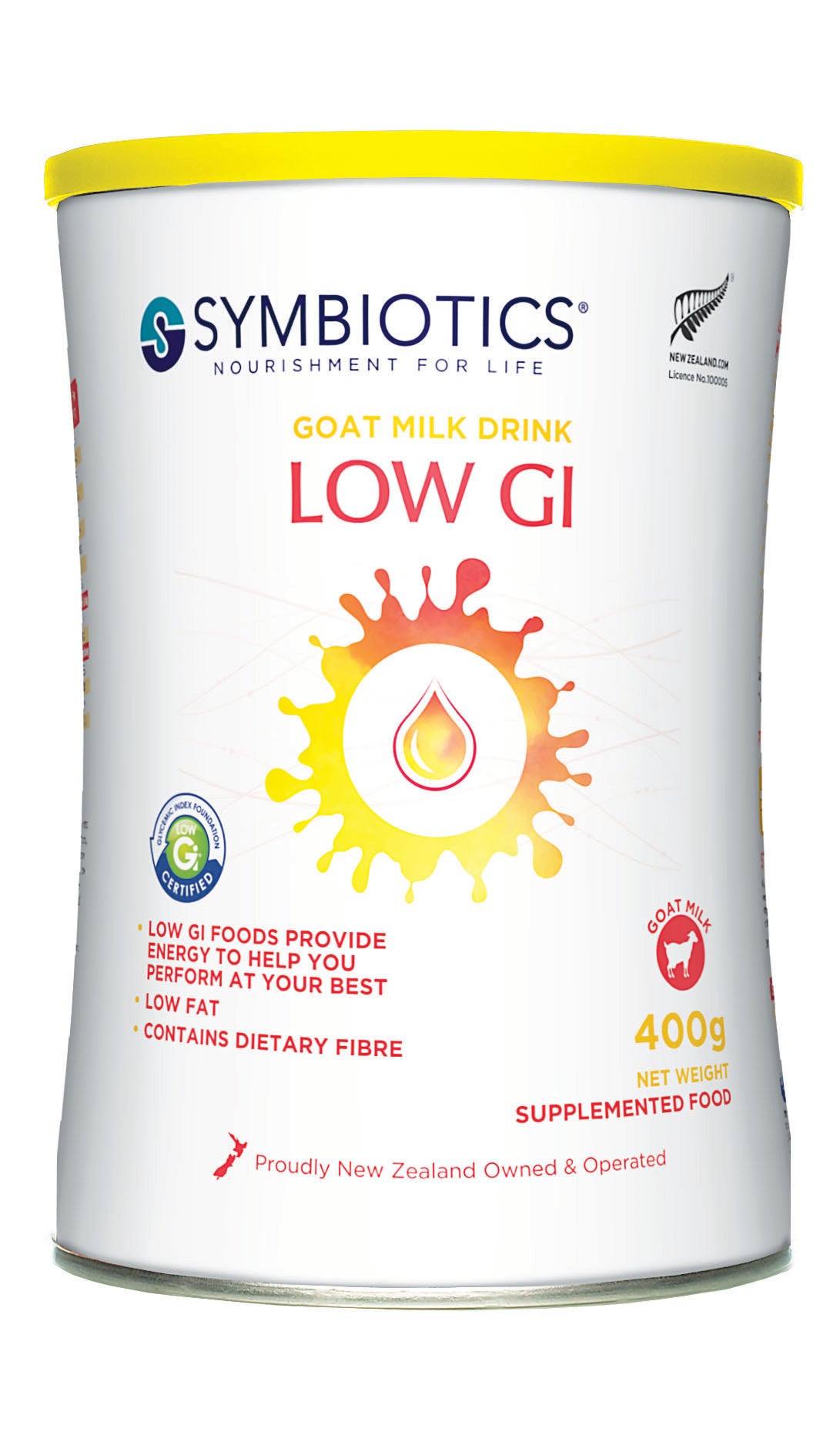
Calisthenics, the art of using your body’s weight as resistance to build strength, flexibility, and endurance, has gained remarkable popularity in recent years. It offers an effective way to achieve a sculpted physique without the need for expensive gym memberships or heavy weights. While the focus of calisthenics is primarily on bodyweight exercises, the role of nutrition in supporting your calisthenics journey cannot be overlooked. This blog post will delve into the intricate connection between nutrition and calisthenics performance, highlighting essential nutrients, meal planning, and the significance of staying hydrated during your workouts.
Understanding Calisthenics Training
Calisthenics revolves around leveraging the weight of your body to build strength and endurance. It’s all about mastering your body’s movements to achieve remarkable fitness feats. From pull-ups and push-ups to planks and squats, calisthenics routines provide a full-body workout that can be tailored to various fitness levels.
Calisthenics equipment, such as pull-up bars, parallel bars, and gymnastic rings, can enhance your workouts. Nutrition comes into play when choosing when and how to incorporate these equipment pieces into your routine. Consuming the right nutrients before and after using calisthenics equipment can boost your performance and aid recovery.
The Impact of Nutrition on Performance
Your performance in calisthenics is closely tied to the quality of your nutrition. Proper nutrition fuels your body, providing the energy needed to execute demanding exercises and recover effectively. Without the proper nutrients, you might find your energy levels sagging and your progress stalling.
Key Nutrients for Calisthenics Practitioners
1. Protein
Protein is the cornerstone of muscle repair and growth. When you engage in intense calisthenics training, you create micro-tears in your muscles that must be repaired. Protein provides the building blocks for this repair process, helping your muscles become stronger. Opt for lean protein sources like chicken, turkey, and eggs and plant-based options like beans and lentils.
2. Carbohydrates
Carbohydrates are your body’s primary source of energy. Complex carbohydrates, such as whole grains, provide sustained energy for your workouts. Simple carbohydrates, like fruits, offer quick energy boosts. Strike a balance between the two to ensure you have the energy to power through your calisthenics routines.
3. Healthy Fats
Healthy fats play a crucial role in joint health and overall well-being. Omega-3 fatty acids, found in fatty fish like salmon and flaxseeds, have anti-inflammatory properties that can aid recovery and reduce muscle soreness.
Hydration and Electrolyte Balance
Staying hydrated is paramount in calisthenics, as it helps maintain energy levels and prevents fatigue. When you sweat during intense sessions, you lose essential electrolytes like sodium, potassium, and magnesium. Adequate hydration and electrolyte balance optimize muscle function and overall performance.
Pre-Workout Nutrition
To fuel your calisthenics session, consume a balanced meal or snack about 1-2 hours before training. Focus on easily digestible foods that provide complex carbs for sustained energy and a moderate amount of protein to support muscle repair.
Post-Workout Nutrition
The post-workout phase is critical for recovery. The “anabolic window” is the period when your body is most receptive to nutrients. Consuming a combination of protein and carbohydrates within this window aids muscle repair and replenishes glycogen stores.

Meal Planning for Calisthenics
Calisthenics practitioners can benefit from frequent, balanced meals spread throughout the day. Incorporate a variety of nutrient-dense foods, including whole grains, lean proteins, colorful vegetables, and healthy fats.
Supplements for Calisthenics Enthusiasts
While a well-rounded diet should be your primary source of nutrients, supplements can offer additional support. Consider protein powder for convenience, creatine for enhanced performance, and omega-3 fatty acids for recovery and joint health.
Listen to Your Body
Your body’s response to nutrition is highly individual. Pay attention to how different foods make you feel and adjust your diet accordingly. Fine-tuning your nutrition based on your body’s feedback is key to optimizing your calisthenics journey.
Conclusion
In the world of calisthenics, the saying “you are what you eat” takes on even greater significance. Proper nutrition is the foundation upon which your calisthenics journey is built. By understanding the key nutrients, meal planning strategies, and the importance of hydration, you can amplify your performance, achieve your fitness goals, and make the most of your calisthenics equipment. Remember, your body reflects the care you provide it, both through your workouts and the nourishment you choose to fuel it with.






